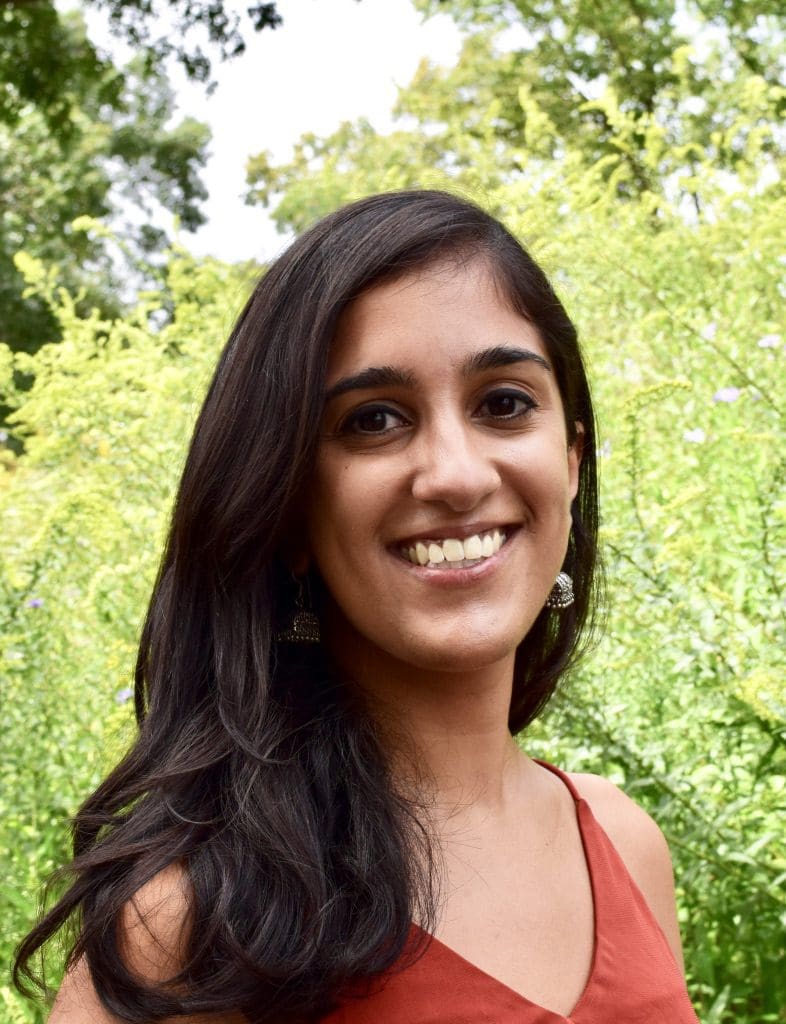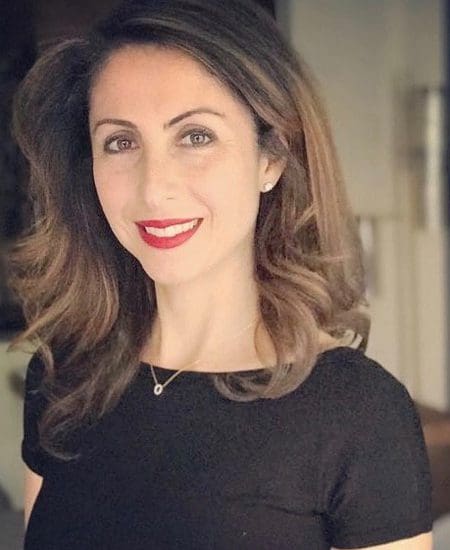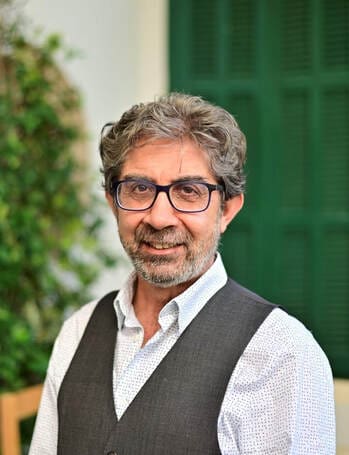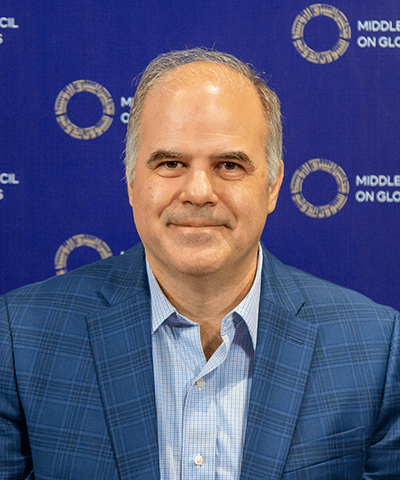Refugees in the Middle East:
Navigating an Uncertain Future
June 21, 2023
Summary
In honor of World Refugee Day, the Middle East Council on Global Affairs (ME Council) and the Issam Fares Institute for Public Policy and International Affairs at the American University of Beirut brought together a panel of experts to discuss the future of refugee policy amidst shifting political landscapes and growing numbers of displaced populations as a result of conflict and natural disasters. Speaking on the panel were Reva Dhingra, a post-doctoral research Fellow at the Brookings Institution; Merissa Khurma, the program director of the Middle East Program at the Wilson Center; and Fouad M. Fouad, the chair of the IDRC Forced Displacement Program for the Middle East and an associate fellow at IFI at the American University of Beirut. Nader Kabbani, senior fellow and director of research at the ME Council, moderated the discussion. The panelists delved into a plurality of topics relating to the state of refugees and internally displaced persons (IDPs) in the Middle East. The conversation illuminated the complex challenges, and socioeconomic adversities these vulnerable populations face, and how such issues can be addressed moving forward.
The conversation began with Khurma, who provided an overview of the current state of refugees in the region, focusing on the experiences of Syrian refugees in the host countries that neighbor Syria, such as Lebanon, Jordan, and Türkiye. She noted the shift of global attention on refugee issues and support towards Europe, coupled with the fact that the protracted nature of conflicts in the Middle East has led to donor fatigue for refugee aid. Refugees themselves continue to experience economic hardship, with a majority living in poverty that is exacerbated by the economic crises that host countries are experiencing themselves. She also discussed the rise in negative sentiments towards refugees, citing the controversy created by the refugee issue during the recent Turkish presidential elections.
Dhingra then followed up by examining the ways specific countries have dealt with the refugee crisis alongside other challenges facing members of their own populations. Refugee hosting countries are grappling with macroeconomic challenges, the continued effect of the global pandemic, and the global repercussions of the Russian invasion of Ukraine. This in turn has led to host states using refugees as convenient scapegoats for their own systemic and institutional shortcomings, furthering negative perceptions of refugees amongst citizens. In Lebanon, there has been an increase in arbitrary deportation of both registered and unregistered Syrian refugees. This has created an environment of fear amongst refugees and pushed them into the informal economy, depressing wages nationally. In Türkiye, a previously pro-refugee government is grappling with escalating anti-refugee rhetoric amongst politicians and across the general public. Jordan has programs in place to facilitate the entrance of Syrian refugees into the labor market but limits them to particular sectors of the economy. Additionally, with Jordan being a leader in normalization efforts with the Syrian regime, refugees are fearful of an increase in arbitrary deportation.
Fouad, who is the Chair of the Internationally Displaced Persons Program at AUB, drew attention to the plight of IDPs, who, unlike refugees, have fled their homes without crossing international borders. Even though the majority of global funding goes towards aiding refugees, 60% of displaced persons are IDPs according to the UNHCR Global Trends Report on Forced Displacement. The fact that IDPs remain the responsibility of their home governments presents a challenge for their ability to receive aid through the same channels as refugees. For example, after the recent earthquake in Türkiye and Syria, the Syrian government prevented humanitarian aid from crossing borders, citing the need to provide such aid through governmental channels, regardless of their lack of control over Northern Syria.
Kabbani then turned back to Khurma to ask about what steps should be taken in the future to address the ongoing refugee crisis, given Arab countries’ recent normalization efforts with Syria. Therefore, she argued, Western governments should intervene in helping to navigate such policymaking obstacles, considering they would have no interest in normalizing with the Syrian regime. However, she went on to say, the larger issue is that the very definitions of refugees and their rights under international law are no longer relevant to the current global order. Thus, the onus is on the international community to engage in an active redefinition and renegotiation of these terms.
Dhingra agreed with Khurma’s statements about the fact that the definitions of refugees under international law need to change, because the nature of displacement itself has changed. She continued that, on the issue of return, conflicts are not over simply because we decide they are over. If the situation in Syria were to deteriorate again, returns would simply compound future potential human rights abuses and further challenges. At the moment, conditions in Syria are not safe should people return, made worse by the grim state of housing and public facilities infrastructures nationally. Moreover, the larger international reactions surrounding the refugee crisis point to a mismatch between what donors give and what is actually needed and/or useful. In the Q and A later on, Dhingra highlighted that solutions implemented in host countries should allow refugees to participate economically, focusing on long-term investments and expanded legal pathways. Even though return is not feasible, refugees are not a burden on host countries so long as approaches to aid change from current short-term containment strategies.
Fouad and Khurma also emphasized similar points during the Q and A. Fouad called for international communities to rethink the nature of their responsibilities towards refugees to address the root causes of the crisis. Khurma reiterated her recommendation for the engagement of Western powers with the region in order to deal with the refugee issue and warned that policymakers should engage actively before a deterioration into a much more serious conflict.
Speakers

Reva Dhingra
Post-Doctoral Research Fellow, Brookings Institution

Merissa Khurma
Program Director, Middle East Program, Wilson Center

